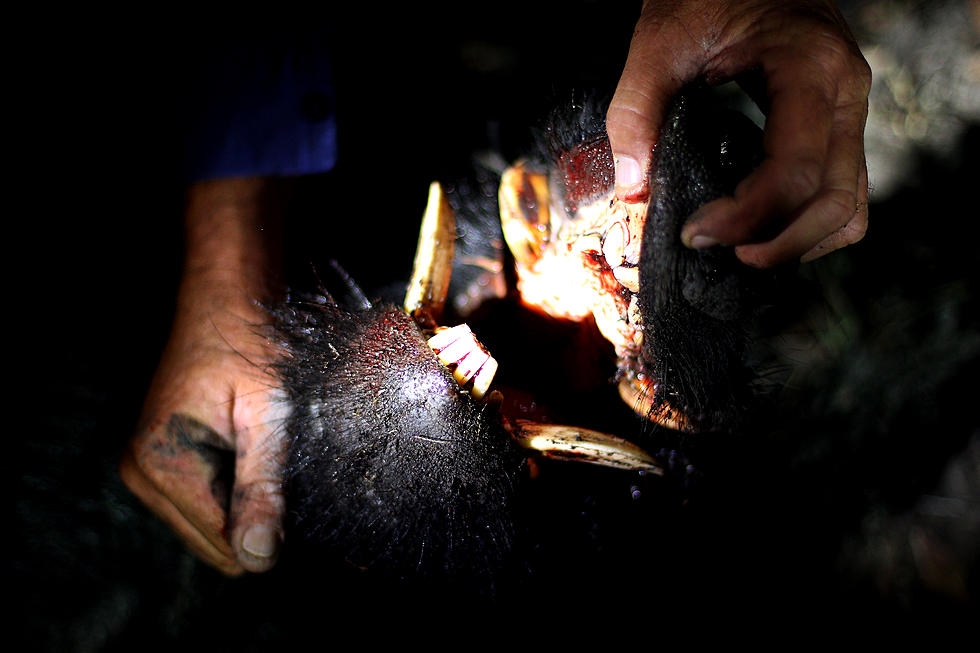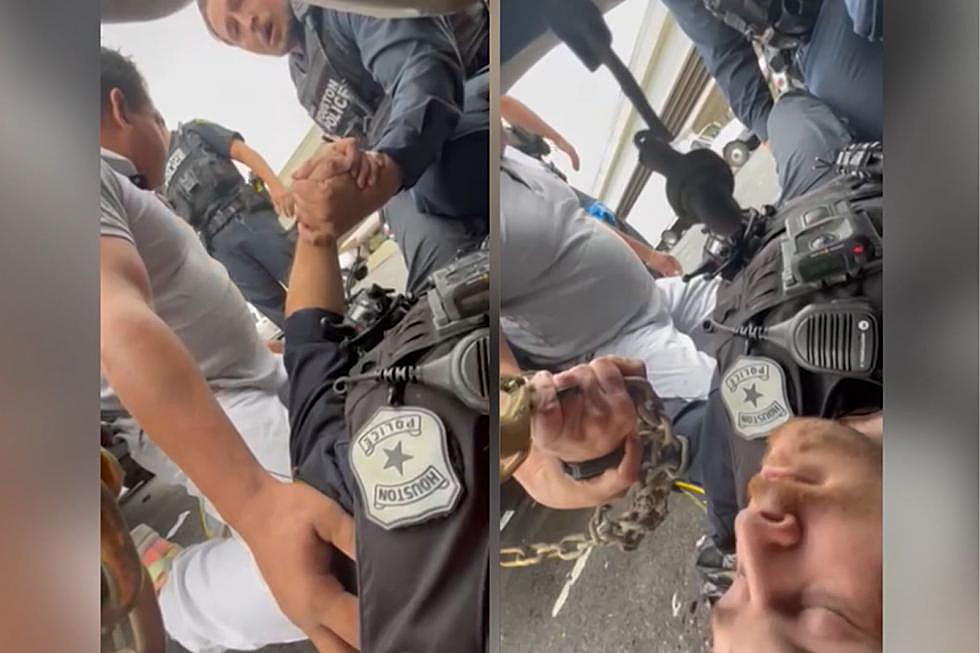
Invasive And Dangerous: Deadly Feral Hog Attacks In Texas
Feral hogs are a major problem in Texas.
This invasive species causes an estimated $2.1 billion in damage and control costs annually in the United States. And much of that damage is to Texas crops, irrigation lines, water contamination, fences, etc. Killing feral hogs on your land without a hunting license is legal, but trapping has some rules and regulations.
Feral Hogs spread disease to livestock and eat nearly anything, including the young of endangered wildlife. With few predators and an explosive birth rate, controlling their population has been a losing game.
In short, they are an ecological and agricultural disaster. But are they deadly to humans? The answer is yes— and in more ways than one.
While rare, feral hogs have attacked and killed people in Texas.
Texas has the highest percentage of feral hog attacks, followed by Florida and South Carolina, but most attacks are not deadly. However, in 2019, a woman named Christine Rollins was killed by a pack of feral hogs in the front yard of a rural Anahuac, Texas home. Her official cause of death was, "exsanguination due to feral hog assault."
Another Texan was killed in 1996 by a wounded feral hog in a hunting incident. Hogs killing people is incredibly rare, with only six deaths documented in the last 200 years; however, attacks could become more common as more people move to rural areas and more hog packs search inhabited areas for food and water.
Hogs are deadly in other ways, too.
Feral hogs are deadly on Texas highways. I knew a woman who was killed when her vehicle struck a feral hog, and sadly, it's not an uncommon thing here in Texas. Since adult feral hogs range from 100 to 400 pounds, you can imagine the damage a vehicle going 70 mph could sustain. Wild pig-vehicle collisions are estimated to cost $36 million annually.
What's the solution?
Several methods are being utilized to control wild pig populations, and the simple answer is that we need all of them to help curtail this infestation. Trapping and dispatching, ground shooting (hunting), and aerial gunning are the most popular control methods in the United States. Tracking dogs have seen some success in finding feral hogs in denser, brushier areas.
Unfortunately, some hunting incentives have backfired, resulting in wild pigs being introduced to new areas for the convenience of hunters. Selective "trophy" hunting does not effectively curtail numbers, and bait feed can increase populations that may have met a smaller population limit with naturally available foodstuffs.
It will take a dedicated, sustained, and organized effort to curtail the rise of feral hogs. Hopefully, no more people will have to die in Texas for these efforts to be made in earnest.
A Big Bug Problem: Two Texas Cities Among Most Infected in the U.S. for '24
Here are the 20 Worst Places to Live in Texas
10 Most Dangerous Cities in Texas (2024)
Gallery Credit: Piggie
More From Q92





